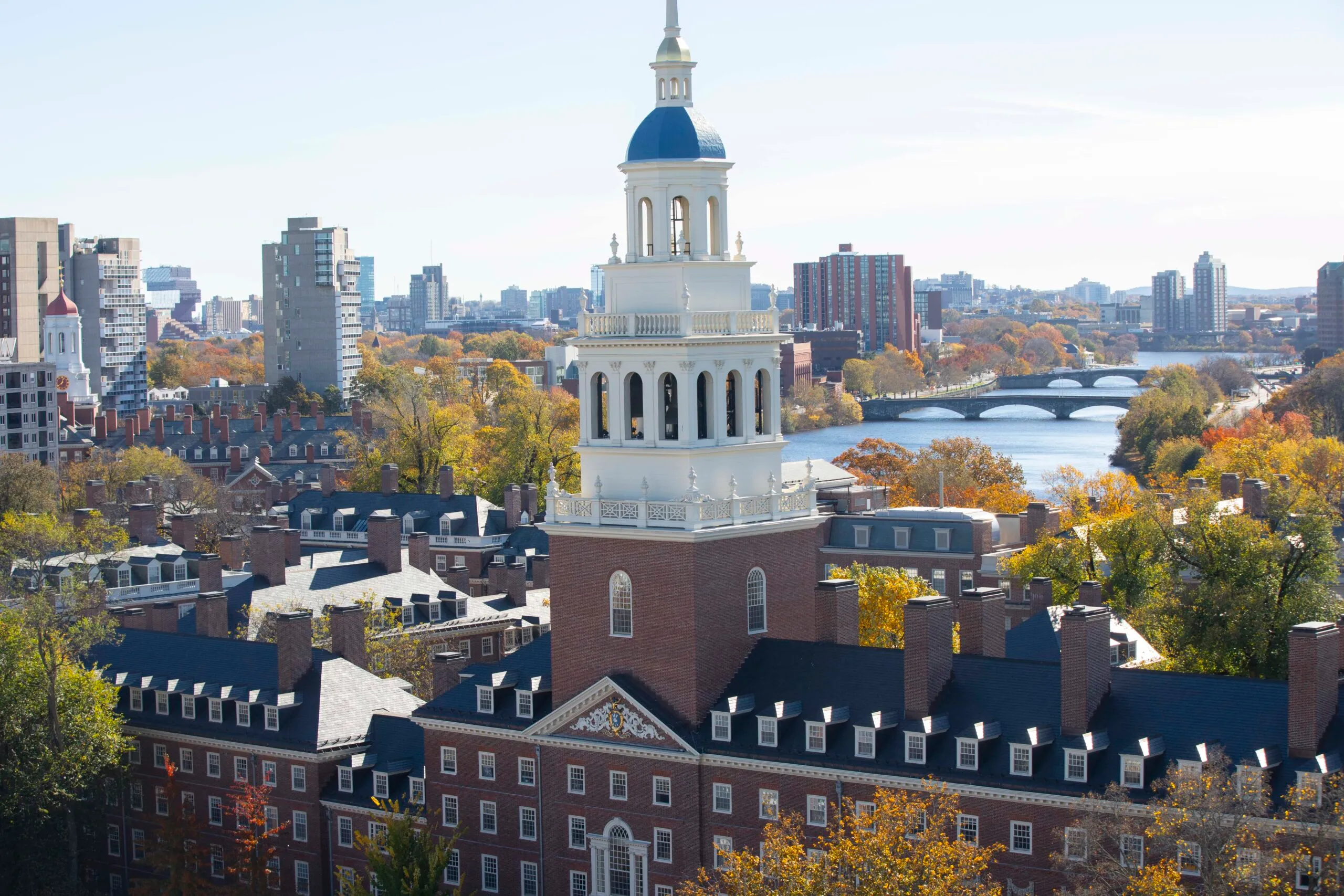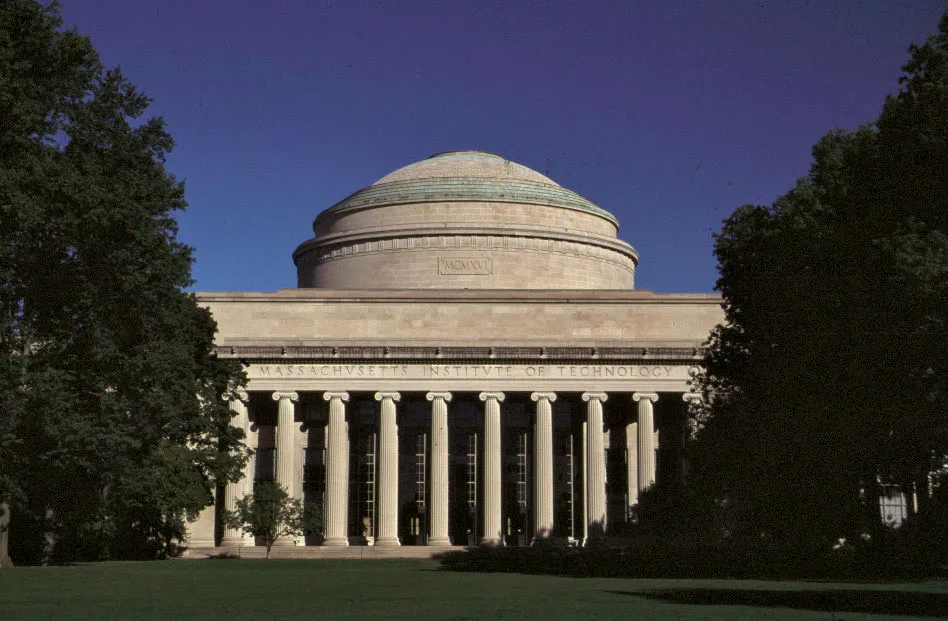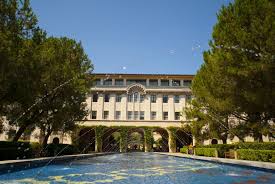Harvard University
Harvard University, established in 1636, is the oldest institution of higher education in the United States and one of the most prestigious universities in the world. Located in Cambridge, Massachusetts, Harvard has consistently been at the forefront of academic excellence, research, and innovation. Its rich history, distinguished alumni, and commitment to advancing knowledge have made it a global leader in education. This article explores Harvard’s history, academic structure, contributions to research, and its impact on society.
Historical Overview
Harvard University was founded just 16 years after the arrival of the Pilgrims at Plymouth Rock. Named after its first benefactor, John Harvard, the institution began with a modest donation of books and funds. Initially established to train clergy, Harvard quickly expanded its curriculum to include a broader range of subjects, reflecting the evolving needs of society.
Over the centuries, Harvard has grown from a small colonial college to a sprawling university with multiple schools, including Harvard College, the Graduate School of Arts and Sciences, and professional schools such as Harvard Law School, Harvard Medical School, and Harvard Business School. Its evolution mirrors the development of the United States itself, as the university has played a pivotal role in shaping the nation’s intellectual, political, and cultural landscape.
Academic Structure and Excellence
Harvard University comprises 12 degree-granting schools and the Radcliffe Institute for Advanced Study. These include:
1. **Harvard College**: The undergraduate liberal arts college, offering a wide range of majors and concentrations.
2. **Graduate School of Arts and Sciences**: Focused on advanced research and scholarship across disciplines.
3. **Professional Schools**: These include Harvard Law School, Harvard Business School, Harvard Medical School, Harvard School of Dental Medicine, Harvard Divinity School, Harvard Graduate School of Design, Harvard Graduate School of Education, Harvard T.H. Chan School of Public Health, and Harvard Kennedy School.
Harvard’s academic programs are renowned for their rigor and interdisciplinary approach. The university emphasizes critical thinking, creativity, and collaboration, preparing students to tackle complex global challenges. Its faculty includes Nobel laureates, Pulitzer Prize winners, and leading experts in their fields, ensuring that students receive a world-class education.
Research and Innovation
Harvard is a powerhouse of research and innovation, consistently ranking among the top universities globally for research output and impact. The university invests heavily in research across disciplines, from the sciences and engineering to the humanities and social sciences. Key areas of research include:
1. **Medicine and Public Health**: Harvard Medical School and the T.H. Chan School of Public Health are leaders in medical research, contributing to breakthroughs in areas such as cancer treatment, infectious diseases, and global health.
2. **Technology and Engineering**: Harvard’s John A. Paulson School of Engineering and Applied Sciences focuses on cutting-edge research in artificial intelligence, robotics, and materials science.
3. **Social Sciences and Humanities**: Harvard researchers explore pressing social issues, including inequality, climate change, and political polarization, providing insights that inform policy and practice.
Harvard’s commitment to innovation is evident in its support for entrepreneurship and technology transfer. The university’s Office of Technology Development facilitates the commercialization of research discoveries, fostering collaborations between academia and industry. Harvard-affiliated startups have made significant contributions to fields such as biotechnology, clean energy, and information technology.
Global Impact and Alumni Network
Harvard’s influence extends far beyond its campus. Its alumni network includes some of the most influential figures in history, including eight U.S. presidents, numerous heads of state, and leaders in business, science, and the arts. Notable alumni include:
– **Barack Obama**: 44th President of the United States and Nobel Peace Prize laureate.
– **Mark Zuckerberg**: Co-founder of Facebook (now Meta) and a pioneer in social media.
– **Malala Yousafzai**: Nobel Peace Prize laureate and advocate for girls’ education.
– **Bill Gates**: Co-founder of Microsoft and philanthropist.
Harvard’s global impact is also reflected in its commitment to addressing global challenges. The university’s initiatives in areas such as climate change, global health, and education have made a tangible difference in communities worldwide. For example, the Harvard Global Health Institute works to improve health outcomes in low- and middle-income countries, while the Harvard Kennedy School’s Belfer Center for Science and International Affairs addresses critical issues in international security and diplomacy.
Diversity and Inclusion
Harvard has made significant strides in promoting diversity and inclusion within its community. The university actively recruits students, faculty, and staff from diverse backgrounds, recognizing that a diverse community enriches the educational experience and fosters innovation. Harvard’s financial aid program is one of the most generous in the world, ensuring that students from all socioeconomic backgrounds have access to a Harvard education.
The university also supports a wide range of student organizations and initiatives that promote inclusivity and cultural awareness. From the Harvard Black Students Association to the Harvard Women’s Center, these groups provide a platform for dialogue, advocacy, and community building.
Challenges and Criticisms
Despite its many achievements, Harvard has faced its share of challenges and criticisms. Issues such as affordability, admissions policies, and campus climate have sparked debates both within and outside the university. For example, Harvard’s admissions process has been the subject of legal challenges, with critics arguing that it disadvantages certain groups, such as Asian American applicants.
The university has also grappled with issues related to free speech and academic freedom. Balancing the need to create an inclusive environment with the principles of open dialogue and debate remains an ongoing challenge.
Conclusion
Harvard University stands as a testament to the enduring value of education and the pursuit of knowledge. Its legacy of excellence, innovation, and global impact continues to inspire generations of students, scholars, and leaders. As Harvard looks to the future, it remains committed to its mission of educating citizens and citizen-leaders, advancing knowledge, and addressing the world’s most pressing challenges. In doing so, it reaffirms its position as a beacon of intellectual and moral leadership in an ever-changing world.
References
– Harvard University. (n.d.). *About Harvard*. Retrieved from about
– Harvard Office of Technology Development. (n.d.). *Innovation at Harvard*. Retrieved from
– Harvard Global Health Institute. (n.d.). *Our Work*. Retrieved from
– Belfer Center for Science and International Affairs. (n.d.). *Research and Publications*. Retrieved from
(Note: This article is a general overview and does not include specific citations from Harvard’s internal documents or proprietary research.). For detailed information, please refer to Harvard University’s official website and publications.
Share this content:





Post Comment